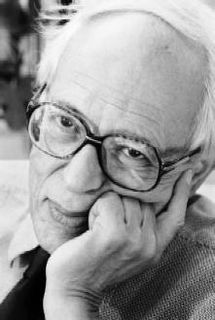Top 15 Quotes & Sayings by Abraham Pais
Explore popular quotes and sayings by a Dutch scientist Abraham Pais.
Last updated on April 22, 2025.
There is not a soul on Earth who can read the deluge of physics publications in its entirety. As a result, it is sad but true that physics has irretrievably fallen apart from a cohesive to a fragmented discipline. ... It was not that long ago that people were complaining about two cultures. If we only had it that good. today.
Some years ago John Kenneth Galbraith wrote in an essay on his efforts at writing a history of economics: 'As one approaches the present, one is filled with a sense of hopelessness; in a year and possibly even a month, there is now more economic comment in the supposedly serious literature than survives from the whole of the thousand years commonly denominated as the Middle Ages ... anyone who claims to be familiar with it all is a confessing liar.' I believe that all physicists would subscribe to the same sentiments regarding their own professional literature. I do at any rate.





















